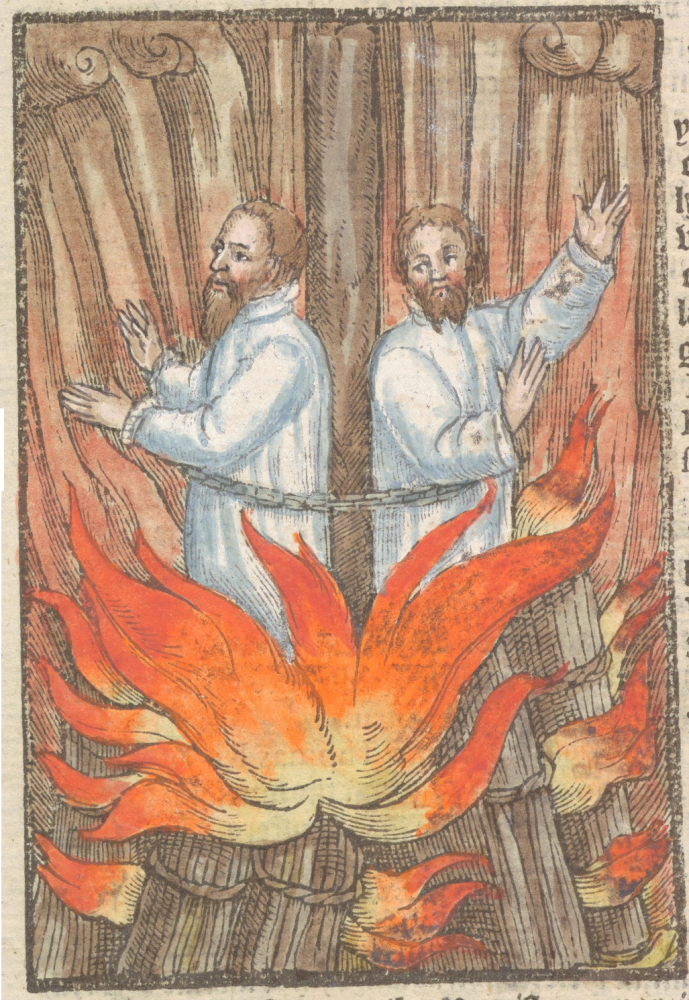Persecution and Toleration in Britain; 1400-1700

The early modern period is widely regarded as an era of intensified persecution: it bore witness to concerted drives to eliminate religious dissent and to discipline moral and social deviants;it unleashed vicious outbreaks of sectarian violence and precipitated wars of religion;and it left a lasting legacy of hatred and prejudice that led to the formation of distinctive and mutually antagonistic confessional identities. At the same time, it has frequently been identified as the crucible in which a tolerant society was born: it was a time during which old assumptions about the inherent evils of toleration were debated and contested in pulpits, public discourse and celebrated printed texts,in which kings, parliaments and civic magistrates issued famous edicts that permitted and sanctioned the existence of religious minorities, and in which ordinary people found creative ways of coexisting with neighbours who adhered to different faiths.
Focusing on Britain (and especially England), but setting it firmly within the context of wider European developments, this Specified Subject offers students the opportunity to explore the relationship between these competing impulses and tendencies between c. 1400 and 1700. It emphasises the value of forging links between the political and ecclesiastical, intellectual, social and cultural histories of the period and of combining a variety of approaches to the study of tolerance and intolerance in past societies. It will analyse the theory and practice of persecution in the late Middle Ages before assessing the impact and consequences of the Reformation.
Evolving attitudes towards a wide range of minorities will be traced in a comparative fashion, alongside the differing ways in which they responded to the intolerance to which they were subjected and how this in turn shaped their mentality and outlook. The development of articulate defences of toleration will be addressed, as well as the more practical and subtle manifestations of forbearance and tolerance that have attracted attention in recent years.Throughout, consideration will be given to how definitions of orthodoxy and stereotypes of deviance shed light on the fears and preoccupations of the societies that engender them.The paper examines the scholarly controversies that have crystallised around the themes of persecution and toleration,interrogates the models of progress that underpinned much earlier historical discussion of these topics, and considers the strengths and weaknesses of newly emerging perspectives.
For further information please follow the link below.
Image from Foxe’s Book of Martyrs - UL collection
This material is intended for current students but will be interesting to prospective students. It is indicative only.
